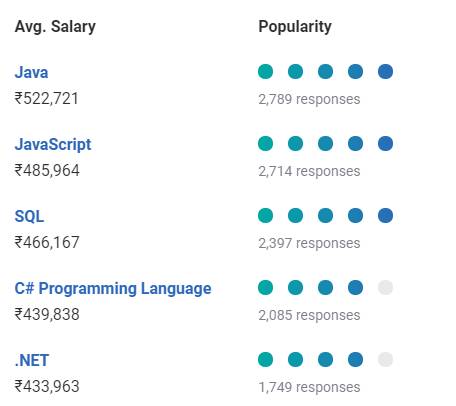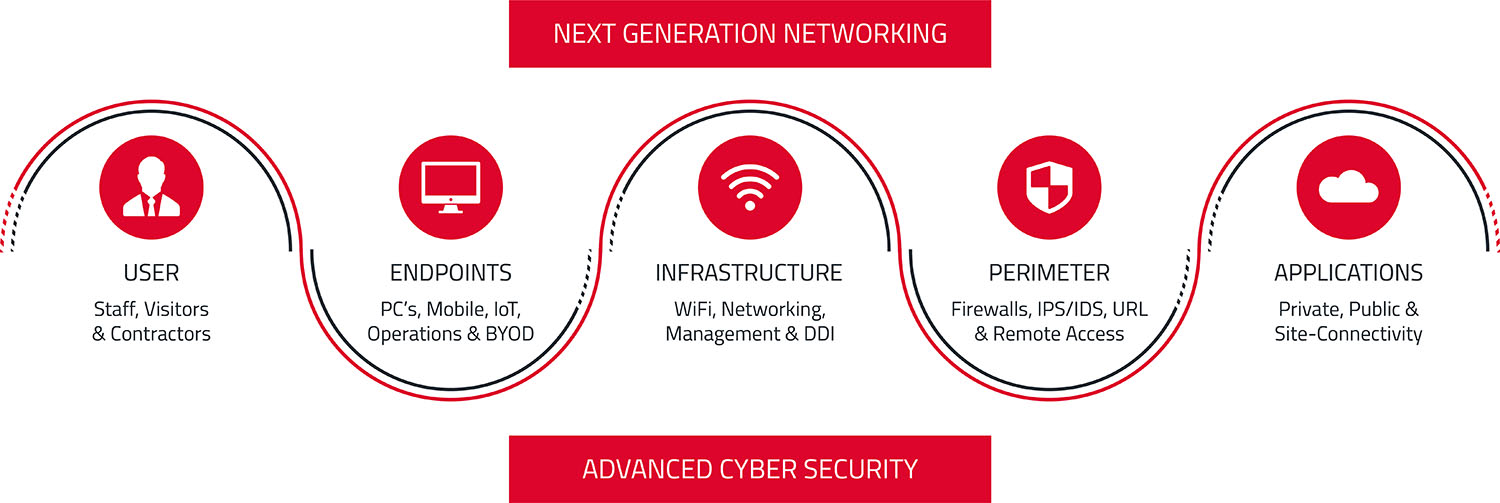
A principal software engineer is a leader within a team of software engineers. They are responsible for the success of their entire team. They are responsible, not only for overseeing the team they supervise but also for the overall company success. This job is more about problem solving and business development than coding. These are key differences between the principal software engineer (or staff software engineer) and the staff software engineer. These differences allow for a principal to be more productive than a staff software engineer.
Qualifications
A principal software engineering is a person who manages a team or performs direct duties. In this role, a person must have management skills as he or she is responsible for the most difficult tasks. Many principal software engineers remain within the same company and are familiarized with the company's workflow.
It is essential that the principal software engineer has a proven track record in software development and a clear understanding of priorities. They must balance creativity with high quality. They must be able and able to multitask as well as have strong analytical skills.

Salary
The salary of a Principal Software Engineer depends on a variety of factors, including the person's education and experience. Below is a breakdown of the average salary for this position, based on the education and experience of the individual. You should consider getting more experience if you are looking to raise your salary.
The US Bureau of Labor has reported a shortfall in senior software developers. To retain and attract top developers, companies are offering high-end salaries. This means that the salaries for top Principal Software Engineers is significantly higher than those of professionals with comparable skills and experiences.
Work environment
Principal software engineers work with engineering teams from multiple locations to design and build complex software systems. This person is responsible in solving technical problems, acting as a peer leader and pursuing innovative solutions. You will need to be able to provide technical support for other software developers and ensure that the code meets industry standards.
This role requires extensive experience in working with emerging technologies, software algorithms, architectures, design patterns and other related technologies. You will need to be able interact with many cultures and individuals and must be detail-oriented. Travel may be necessary up to 10% for integration and testing events.

Education
To work as a principal programmer, a bachelor's degree will usually be required. Many employers require this level of education as well as knowledge of several programming languages. A chief software engineer is responsible to develop software programs. This position requires extensive knowledge in operating systems and computer networks.
You will work as a principal software developer and part of a cross-functional group. You'll need to be creative and able analyze situations and solve technical issues effectively. You will need to be able to control quality and standardize.
FAQ
How long does it take to become a consultant?
The length of time required varies depending on your background and industry. Most people start with just a few months of work before finding employment.
Some consultants work for years to perfect their skills, before being hired.
How do I set up an LLC to consult?
It is important to first decide what you want as a service provider. Then you need to make sure you are qualified for those services. You might find someone who does the same thing you are interested in and learn from them.
Once you've identified the product or service you wish to offer, it is time to determine your target market. If they don't exist, you might have to make them.
Then you need to decide whether you want to go into business for yourself or hire others to do it for you.
It is possible to also start your own consulting firm by obtaining a license from the State. But this will require a lot more paperwork and legal costs.
Do I require legal advice?
Yes! Consultants often create contracts with clients without getting legal advice. However, this can lead to problems down the road. If the client terminates an agreement with the consultant before the completion date, what are the consequences? Or what happens if a consultant fails to meet the deadlines in the contract?
It's best to consult with a lawyer to avoid potential problems.
What can I expect from my consultant?
Within a few days of selecting your consultant, you can expect to hear back. They will usually ask for information about your company, including its mission, goals, products, services, budget, etc. Next, they'll provide a proposal describing the scope and estimated time frame, fees, deliverables or milestones, as well as an estimate of costs.
If all goes well, the parties will then negotiate a written agreement. The type and content of the contract will vary depending on whether the relationship is employer-employee/employer-independent contractor.
If everything goes smoothly, the consultant can begin work immediately. The consultant will have access your internal documents and resources. Additionally, you'll have access their skills and knowledge.
You shouldn't assume, however, that every consultant is an expert in all areas. To become an expert in any field you consult, it takes practice and effort. Do not expect your consultant to be an expert in every aspect of your business.
Statistics
- So, if you help your clients increase their sales by 33%, then use a word like “revolution” instead of “increase.” (consultingsuccess.com)
- 67% of consultants start their consulting businesses after quitting their jobs, while 33% start while they're still at their jobs. (consultingsuccess.com)
- On average, your program increases the sales team's performance by 33%. (consultingsuccess.com)
- According to statistics from the ONS, the UK has around 300,000 consultants, of which around 63,000 professionals work as management consultants. (consultancy.uk)
- "From there, I told them my rates were going up 25%, this is the new hourly rate, and every single one of them said 'done, fine.' (nerdwallet.com)
External Links
How To
What is a typical day for a consultant?
Each type of work will dictate the day's pace. You will be spending time researching, planning new ideas, meeting with clients, and creating reports.
You'll often have meetings with clients where you can discuss issues and solve problems. These meetings can be done over the phone or via email.
It is possible that you will be asked to write proposals. These documents outline your ideas and plans, and are required by clients. These proposals should be discussed with a mentor or colleague before being presented to clients.
After all the planning and preparation you will have to put your efforts into creating some content. Writing articles, designing websites, editing photos or conducting interviews are just some of the options.
It depends on the project's scope, you might need to do some research to collect relevant statistics. It may be necessary to know how many customers are currently using your products or services.
Once you have gathered enough information, it's time to present your findings to clients. Your findings can be presented orally or written.
After your initial consultation, you should follow up with your clients. For example, you could call your clients periodically to check how things are going. Or send them emails asking them to confirm they have received the proposal.
Although it takes time, this process is worth it. It's also important to keep your eyes on the prize and maintain good relations with clients.